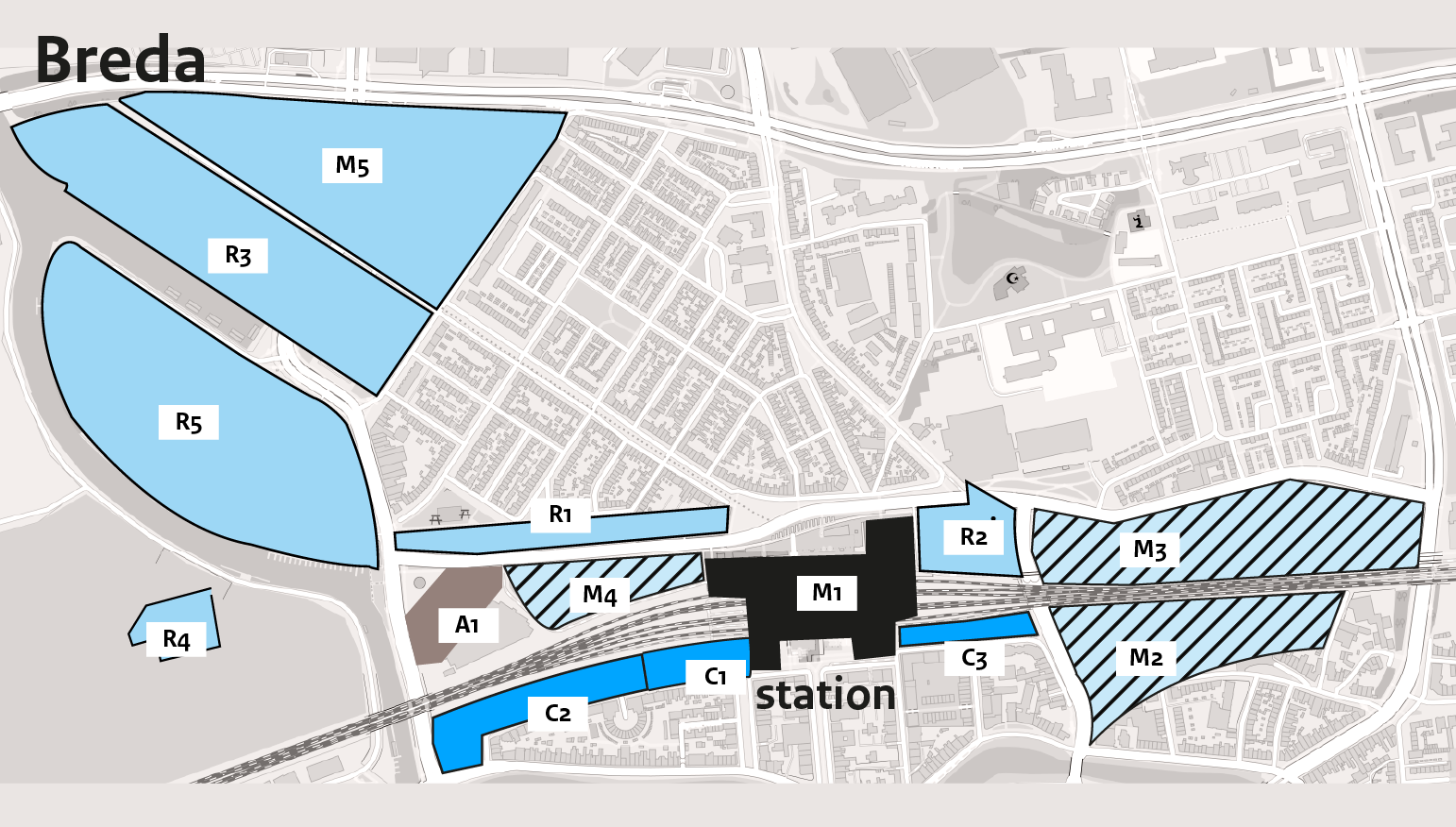Publications
Author
Completing Dutch pension reform

Economic Decision Problems in Multi-Level Flood Prevention: a new graph-based approach used for real world applications
Flood prevention policy is of crucial importance to the Netherlands. We assess economical optimal flood prevention where multiple barrier dams and dikes protect the hinterland against sea level rise and peak river discharges. Current optimal flood prevention methods only consider dike rings with no dependencies between dikes. We propose a graph-based model for a cost-benefit analysis to determine optimal dike heights with multiple dependencies between dikes and barrier dams. →
Complexities in the spatial scope of agglomeration economies
Firm heterogeneity and exports in the Netherlands: Identifying export potential
According to the Melitz (2003) model, potential exporters have to be sufficiently productive to overcome the entry costs of foreign markets. Once firms pass this productivity threshold, they all export. However, empirical evidence indicates that a substantial share of high-productive firms do not export. →
Cost-benefit analysis for flood risk management and water governance in the Netherlands: an overview of one century
The Netherlands is a global reference for flood risk management. This reputation is based on a mix of world-class civil engineering projects and innovative concepts of water governance. For more than a century, cost-benefit analysis has been an important tool for both flood risk management as well as water governance in the Netherlands. It has helped to select the most effective and efficient flood risk projects and to coordinate and reconcile the interests of various policy areas, levels of government and private stakeholders. →


